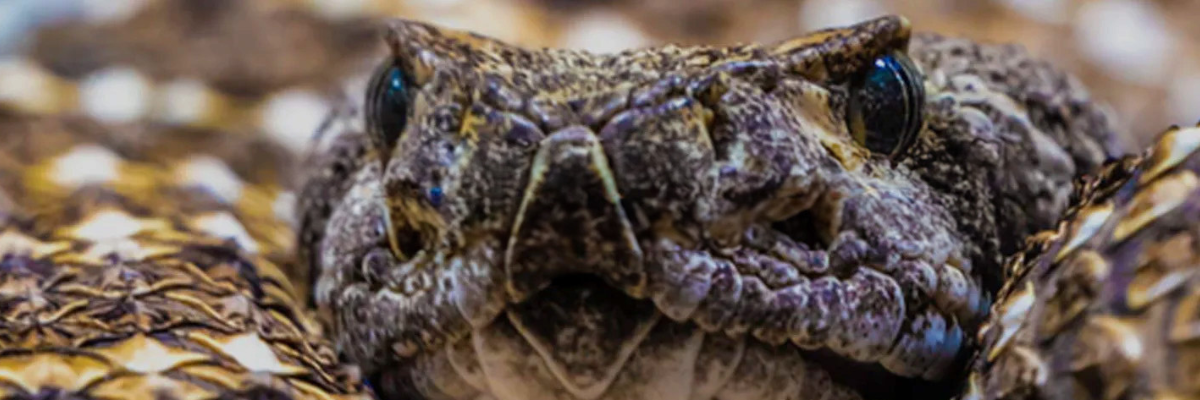Idiopathic Cystitis in Cats
Idiopathic cystitis is a common, painful bladder disease in cats that causes recurring discomfort and pain. Despite extensive research, the exact cause of idiopathic cystitis remains partially unknown, but there is a strong connection between stress and the symptoms.
What is Idiopathic Cystitis?
Idiopathic cystitis in cats means that the bladder becomes inflamed and pain arises due to a damaged mucous lining. This lining acts as a protective barrier for the bladder wall, but under stress, it thins, allowing irritating substances in the urine to penetrate deeper and cause pain.
Common symptoms include:
-
Blood in the urine
-
Frequent urination or attempts to urinate often
-
Pain during urination
-
Difficulty urinating
-
Vocalizing (meowing) during urination
-
Urinating in inappropriate places
Causes of Idiopathic Cystitis
While idiopathic cystitis can occur for various reasons, stress plays a central role. Stress can be caused by different factors, such as:
-
New environment: Moving, renovations, or staying at a boarding facility.
-
Events at home or in the surroundings: Holidays, changes in routine, seasonal changes, construction work, thunderstorms, and fireworks.
-
Boredom: A monotonous everyday environment can also contribute to stress and discomfort.
-
Changes: Veterinary visits, the arrival or loss of family members or other pets, or transitioning from an outdoor to an indoor lifestyle.
Diagnosis
The diagnosis of idiopathic cystitis is made by ruling out other possible causes:
-
Urinary tract infection through sterile urine culture
-
Crystals in the urine sample
-
Bladder stones in the bladder through ultrasound and/or X-ray
-
Tumors in the bladder through ultrasound
By eliminating these factors, the veterinarian can confirm idiopathic cystitis as the diagnosis.
Treatment of Idiopathic Cystitis
Treatment mainly focuses on reducing pain and improving the cat’s quality of life. Here are some important measures:
Pain Relief
The primary treatment is managing the pain. It is crucial to use only veterinarian-prescribed medications according to their instructions. In more severe cases, supplements such as Cystaid or treatments like Cartrophen may be helpful, depending on the veterinarian's recommendation.
Enhancing the Cat’s Well-Being
To reduce stress and promote calmness, the following measures can help:
-
Feliway diffusers and Feliway spray: Release cat pheromones that create a sense of security.
-
Create a calm environment by minimizing conflicts with other animals in the home.
-
Provide a personal litter box and offer different types of cat litter.
-
Spend more time with the cat and consider acupuncture as a treatment option.
Increased Activity and Water Intake
Stimulating the cat both physically and mentally is important. Provide scratching posts, toys, and opportunities for new activities. Also, increase water intake by offering wet food or providing access to water fountains.
Managing Acute Pain
Cats tend to hide pain, making it essential to learn to recognize subtle changes in their behavior. If signs of pain appear, seek veterinary care immediately.
By caring for your cat with attention and precision, you can help reduce their discomfort and improve their quality of life.


